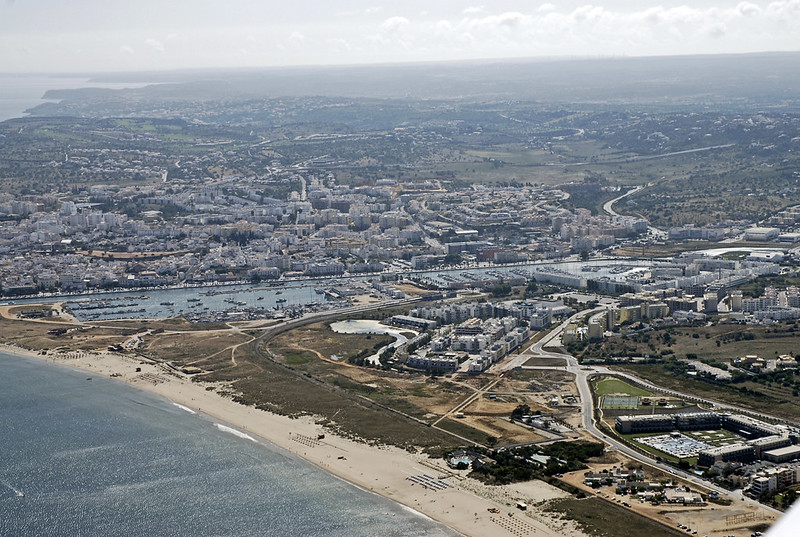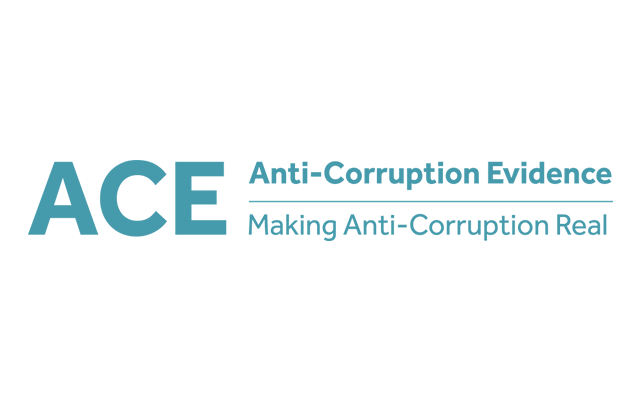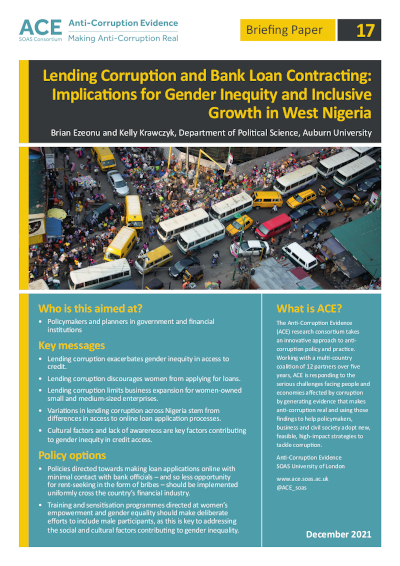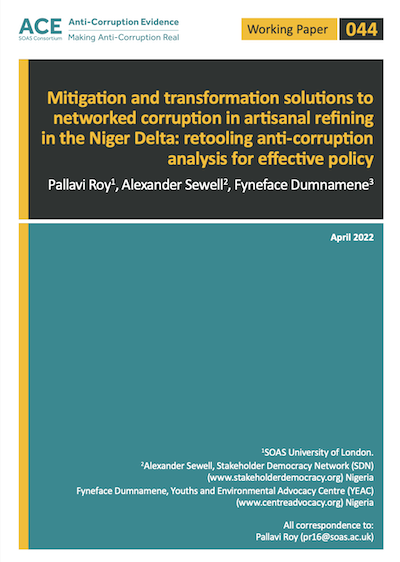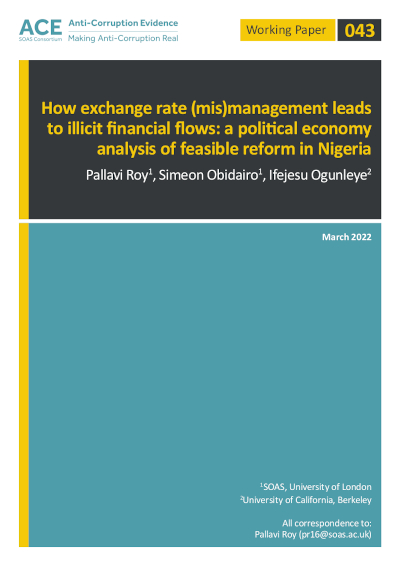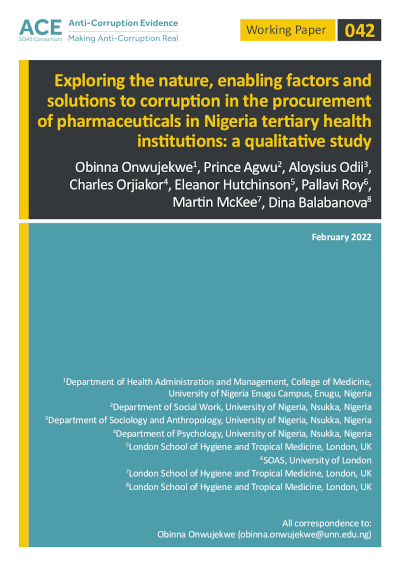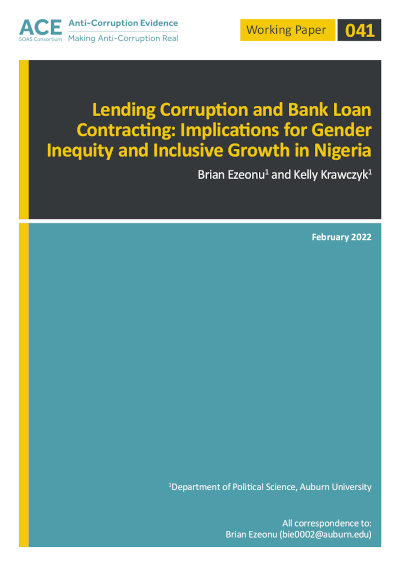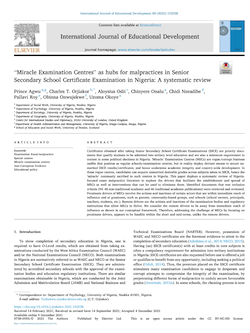
Nigeria
Nigeria is Africa’s largest economy and full of entrepreneurial activity, an often-neglected observation under the wave of adverse media reports on the country’s security situation. While there are high levels of corruption and violence in Nigeria – much of it linked to its oil-producing regions and the hydrocarbon economy – there are also significant opportunities for reform.
With oil prices volatile and plummeting, the need to move the economy away from oil and gas is viewed as pressing by domestic stakeholders. But although politics is seen as fierce and chaotic, it appears to be solidifying the institutional mechanisms of changing rule through elections and coalitions.
Nigeria hasn’t yet plunged into a constitutional crisis nor seen high levels of internecine violence, which at the turn of the century would have seemed possible. While the nature of instability is that conditions could go either way, the opportunities for political representation run deep in Nigerian politics and representatives are unlikely to trade these for a complete return to authoritarianism.
These changes in the political settlement will impact upon policy design and outcomes. ACE’s sectoral analysis points to feasible and high-impact opportunities in productive sectors that would help to tackle corruption, meaning that our incremental approach will adapt well to these changing dynamics. With our partners, we believe the pursuit of reforms at sectoral levels will lead to more broad-based positive developmental outcomes for the country.
Projects in Nigeria
Publications
Lending corruption and bank loan contracting: implications for gender inequity and inclusive growth in West Nigeria
The Nigerian banking industry lacks comprehensive strategies for effectively addressing lending corruption and loan contracting in the sector.
Mitigation and transformation solutions to networked corruption in artisanal refining in the Niger Delta: retooling anti-corruption analysis for effective policy
In contexts where rents from a particular sector or activity are shared widely and are substantially larger than available alternatives for the widest cross-section of society, common strategies such as increasing transparency and accountability measures, targeting behaviour, or identifying incentives are unlikely to result in reduced corruption.
How exchange rate (mis)management leads to illicit financial flows: a political economy analysis of feasible reform in Nigeria
Illicit financial flows (IFFs) remain a major issue in extractive ...
Exploring the nature, enabling factors and solutions to corruption in the procurement of pharmaceuticals in Nigeria tertiary health institutions: a qualitative study
Pharmaceuticals account for a large share of health budgets, second ...
Lending corruption and bank loan contracting: implications for gender inequity and inclusive growth in Nigeria
Lending corruption, which is the focus of this research, captures both paying bribes and using familiarity rather than merit as the metric to access credit.
Corruption during final external examinations in private secondary schools in Nigeria: qualitative insights into operations and solutions to ‘Miracle Examination Centres’
The quality of the secondary education system in Nigeria is ...
“Miracle Examination Centres” as hubs for malpractices in Senior Secondary School Certificate Examination in Nigeria: A systematic review
Highlights Certificates obtained from writing Senior Secondary Certificate Examinations (SSCEs) ...
The curse of good intentions: why anticorruption messaging can encourage bribery
Awareness-raising messages feature prominently in most anticorruption strategies. Yet, there ...
The EFCC and ICPC in Nigeria: overlapping mandates and duplication of effort in the fight against corruption
Corruption remains a major hindrance to Nigeria’s development, despite efforts ...
Charting the way forward for Nigeria’s Economic and Financial Crimes Commission: a path towards institutional efficiency and independence
Nigeria’s Economic and Financial Crimes Commission (EFCC) was created in ...


